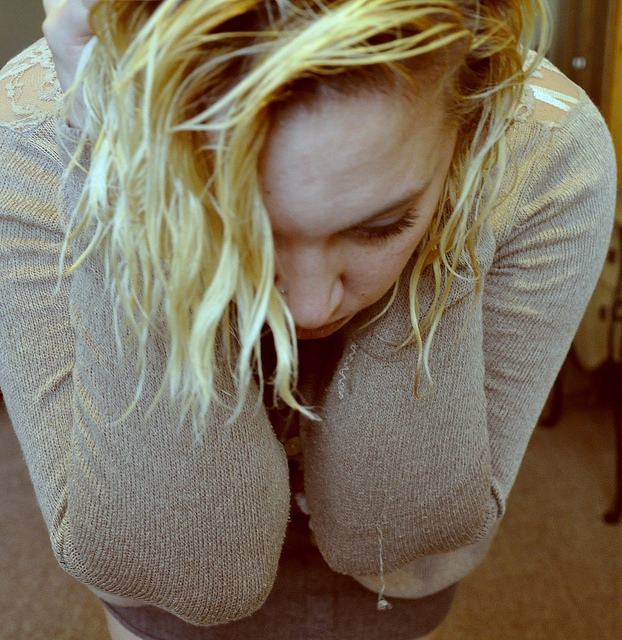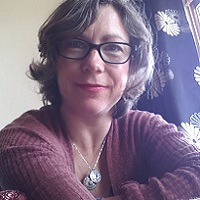
Victim-shaming is horrendous—and I feel no real need to spell out why that is so.
Recently there has been a growing movement of unequivocal support for those who have the courage (because it does take immense courage) to speak up about the abuse they have endured at the hands of others. It is especially brave to speak up if the named abuser is a popular celebrity.
And it is absolutely right that there is now increasing intolerance against any kind of victim-shaming or blaming.
However, while I believe the support of victims is a good thing, the unequivocal aspect of such support—at the expense of a possibly innocent accused—does worry me.
I do believe it is wrong to quickly write-off an accuser as a liar before all the facts are known. However, I likewise believe it to be wrong to quickly condemn the accused before all the facts are known.
And lately I see a lot of shaming on social media—not only of victims, but also of the so-called victim-shamers.
It has become politically incorrect to raise any sort of question over the validity of an accuser’s claim. And this makes me uncomfortable.
When the accusation is laid against a man for the abuse or assault of a woman, I often see an assumption that victim-shaming is inherently misogynistic or anti-feminist—at worst. At best, it is dismissed as a product of our social conditioning (which has left us largely unconscious or oblivious to the misogyny that is endemic in our society).
In the case of celebrities, it is deemed to be warped hero-worship which is in denial of the truth.
And yes, sometimes there is latent or unconscious misogyny at play. And sometimes there is blind hero-worship.
But that isn’t the whole story.
Sometimes, when people ask questions about an accuser’s story, they aren’t victim-shaming. They are just raising questions.
What is so wrong about that? Until all the facts are clearly presented, should we not ask questions rather than blindly accept—based on some kind of prejudice—one person’s version of events over another’s?
Sticks and stones may break our bones, but name-calling also hurts us.
There’s a reason for “innocent until proven guilty,” libel and slander laws: mud sticks.
It is wrong for any person to abuse or assault another, in any way. Yet people do. It is also wrong to falsely accuse someone of such an act. Yet people do that, too.
Of course, I believe the majority of accusers are telling the truth. But some people, for all kinds of reasons—not all of which make them inherently “bad” people—make accusations which are not true.
And lives can be wrecked as a result.
What if that were your life? Do you think it impossible that someone would accuse you falsely just because you’re a good person? Think again, because innocent people are falsely accused all the time.
Our reputation is no small matter and to have it undeservedly destroyed is an abuse. It causes psychological and emotional trauma.
And when somebody brings our reputation into disrepute, it can be difficult for them to recant that—even if they subsequently regret their action. And so, when it’s a case of “your word against mine,” they might feel their only option is to dig their heels in and stick to their story.
This is human nature. Sometimes it is caused by greed or another malicious intent. And often, it is caused by fear.
People hurt other people—through violent acts and through dishonest words. Until there is unequivocal evidence to support one side over the other, the morally right place for onlookers to be is on the fence (in my opinion).
If we find ourselves coming down hard in favor of one side or the other, then we need to ask ourselves why.
If we’re on the side of the victim, are we prejudiced by our own experience of being abused or assaulted in some way? Or have we been an inner-circle witness to someone else’s abuse?
If on the side of the accused, have we personally experienced our own good name being wrongfully tarnished, or witnessed it happening to someone we care for?
If we have a strong reaction to someone else’s story, then it’s likely that it has a lot more to do with our own personal stories than the public story of the day.
I’m not saying, “Don’t judge.” Because, despite the advice of all the spiritual teachers out there, it is in our nature to judge.
But let’s not judge without discernment.
It is a really good thing that the historic trend of victim-shaming and blaming is no longer being tolerated.
But going to the other extreme is not the way to right that wrong. Discernment is the way.
So, when it comes to stories we know of only through hearsay, gossip, or because they are reported in the media, let’s hold off on taking sides.
Let’s wait until we have all the facts.
Let’s look at the full picture, rather than knee-jerk reacting—either from a place of social conditioning or from personal experience.
Let’s remember that their story is theirs, not ours.
And let’s wait until we have clear and undeniable reason to give our unequivocal support to one side or the other.
Relephant:
Why I’m not Judging Johnny Depp and Amber Heard.
Author: Hilda Carroll
Editor: Catherine Monkman
Photo: Holly Lay/Flickr
 Share on bsky
Share on bsky

Read 1 comment and reply